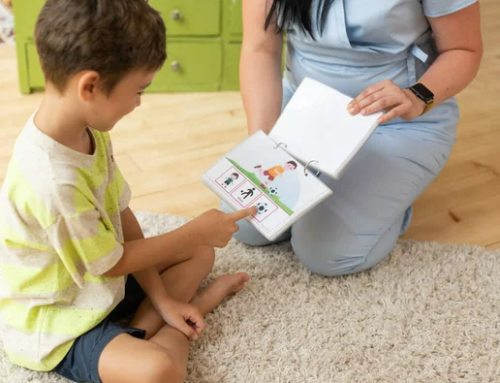The world often works in give and take relationships…you give something such as effort and get something in return such as money, but parenting is not so easy! Our Principal Practitioner and Clinical Psychologist Dr Andrew Wilkinson provides some simple tips to patiently nurture the relationship with your child.
You’ve been there before. It might have been house hunting, finding that dream car or being offered the perfect job. Each of these scenarios have something in common that makes us feel uncomfortable. We give something but we also expect something in return of value. It is a contract or agreement of “give and take” that requires an investment and return. If only parenting was that easy! Parenting is a significant investment that doesn’t pay an easy return.
Unlike a contract based relationship, parenting is a relational commitment. Parenting is an act of love, a commitment to give and a responsibility to nurture. Think of having a conversation with your child explaining that because of your investment you expect a financial, emotional or material return in the next week, month or year. How did that go? Instead you might be confronted with a child who struggles through the same issues as you or I. They might find obstacles they cannot answer, relationships that have their ups and downs or just everyday challenges.

So what really goes into the mix to help a teen through serious times of distress or anxiety? Family therapists point to some very important ingredients in nurturing healthy relational commitment through life’s challenges.
1. The quality of a parent’s response
If your child is struggling it is very helpful to connect with your child in a calm manner. Calm and distress are contagious emotional responses. Even if you’re anxious about how to respond if you can hold a calm front this can be a very helpful way of reducing your child’s distress.
2. Being approachable
An overly critical or dismissive approach will only foster feelings of resentment or anxiety. An open and approachable response on the other hand can be a significant buffer as your child learns in times of significant distress or negative feelings they can turn to you for comfort and guidance.
3. Taking your child’s challenges, thoughts and feelings seriously
By providing respectful and supportive responses as a parent you are helping your child build a reality that you can be there for them when they need it and will step back when they don’t. This builds trust, reduces conflict and helps them to step out independently knowing they have a safe base to go when things aren’t ok.
Finally, remember that conflict presents as an opportunity to build your relational commitment to each other. After all a house, car or job will never offer the same fulfilment as a lifelong connection between you and your child.
We look forward to learning about you and helping where we can. Please don’t hesitate to contact us.









